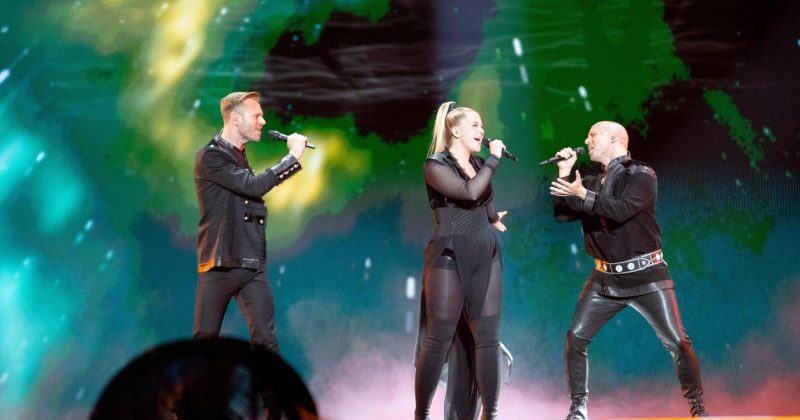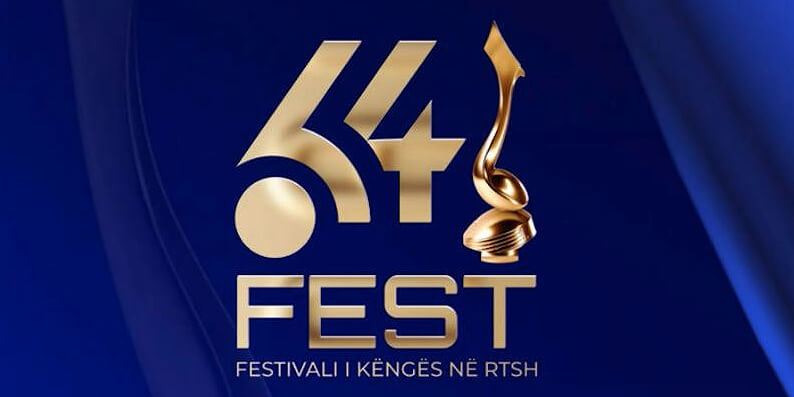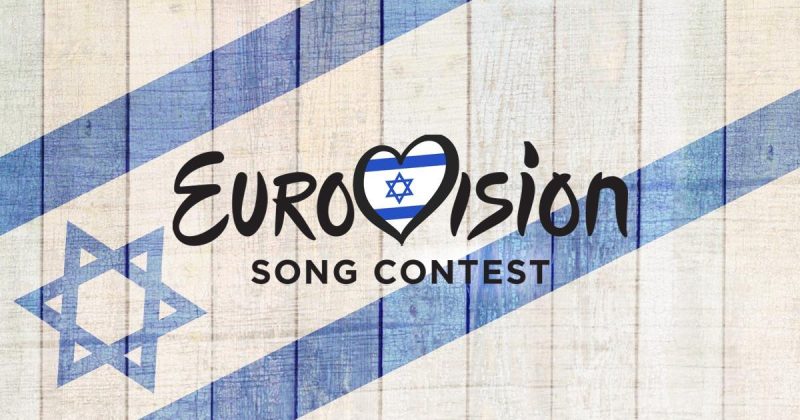
After months of uncertainty, RAI and the Municipality of Sanremo are set to sign a three-year agreement with an option for further renewal, ensuring the festival’s continuation in the city.
The Italian national broadcaster, RAI, and the Municipality of Sanremo, are close to signing a deal that will guarantee the Sanremo Festival remains at its traditional venue until 2028, with an option to extend for an additional two years, according to Italian media reports and statements from officials in both organizations. The agreement is expected to be finalized in early September, ending a prolonged period of uncertainty regarding the future of this major event in Italian culture, which also serves as the official pre-selection for the country’s Eurovision representative.
Uncertainty and Breakdown Between the Parties
In recent months, heated discussions have taken place between RAI and the Municipality of Sanremo, with scenarios where the festival-drawing top musicians and millions of viewers each year-might leave the historic city for the first time in decades. At the heart of the crisis were profound disagreements over the ownership of the “Sanremo Festival” brand and format rights. RAI emphasized that it developed and produced the event over the years, while the municipality claimed legitimate ownership and demanded 1% of advertising revenues – a request the broadcaster refused.
Alternatives and Attempts for a Breakthrough
In this climate of uncertainty, there were rumors about other cities competing to host the festival and even talk that RAI might launch a new music institution if negotiations failed. The reports sparked many reactions from industry figures, policy makers and the Sanremo fan community, all concerned about the loss of tradition and uniqueness.
The New Agreement: Municipality of Sanremo Will Cover Hosting Expenses
Last week marked a turning point as both parties reached new understandings: the Municipality of Sanremo will cover the full hosting costs for artists, production crew, and staff-including accommodation, food, and transportation. Until now, RAI had borne these expenses, but now it is demanding involvement in joint management of the festival’s budget. The aim of the new agreement is to secure a stable future for the festival at least until 2028 and to enhance cooperation for the benefit of maintaining tradition and ensuring long-term success.
The Sanremo Festival has been a center of Italian musical creativity and innovation for over 70 years, holding international significance. The new agreement is an important step towards ensuring the continuity of this tradition and integrating all relevant parties – for the benefit of artists, the industry and the public.
Italy at Eurovision 2025
“Volevo essere un duro” (in English: “I Wanted to Be Tough”) is the song performed by singer Lucio Corsi, which came second at the 75th edition of the Sanremo Festival. The song was written by the singer himself along with Tommaso Ottomano. This was the singer’s first-ever appearance at the festival. The song is performed in Italian. The song finished fifth in the grand final with 256 points.
Italy returns to the Eurovision Grand Final Top 5 after last year achieving “only” seventh place.
Eurovision 2025: This was Italy’s 50th participation in Eurovision. Italy joined the contest in 1956, was one of the seven founding countries, and has won three times over the years. Italy’s most recent victory was at Eurovision 2021 with the song “Zitti e buoni” performed by the band Måneskin.

Email: [email protected]
Phone: +972-50-9441919
Maor Heumann has been writing about the Eurovision Song Contest and following it for over three decades. He has attended five contests and has found something to appreciate in almost every possible musical genre — from the sugary pop entries that finish last in the semi-finals to the quirky avant-garde pieces that even the competition’s juries struggled to connect with. He usually prefers original languages and songs with depth over Swedish-produced English clones — though he doesn’t promise to stick to that rule.
He grew up on the kibbutz of Sara’le Sharon, who instilled in him a love for music and created his first connection to the contest back in 1993 — before most of the current editorial team was even born.









